The World Health Organization (WHO) released a new report titled "Fair share for health and care: gender and the undervaluation of health and care work," shedding light on the detrimental effects of gender inequality in health and care sectors. The report underscores how underinvestment in health systems perpetuates a cycle of unpaid care work, disproportionately affecting women and hindering gender equality.
In its latest publication, the World Health Organization (WHO) delves into the pervasive issue of gender inequality within the health and care sectors, unveiling the report titled "Fair share for health and care: gender and the undervaluation of health and care work." The comprehensive analysis elucidates the adverse consequences stemming from the undervaluation of health and care work, particularly impacting women, health systems, and overall health outcomes.
A staggering statistic revealed in the report indicates that women constitute a significant majority, accounting for 67% of the paid global health and care workforce. Moreover, the burden of unpaid care activities falls disproportionately on women, with an estimated 76% of all such tasks being carried out by them. Despite their substantial contributions, work predominantly performed by women in these sectors is consistently undervalued, resulting in lower wages and inferior working conditions.
One of the primary concerns highlighted in the report is the pervasive trend of devaluing caregiving roles, predominantly occupied by women. This systemic undervaluation not only perpetuates gender disparities in pay and working conditions but also undermines the overall productivity and economic viability of the health and care sectors.
The report further underscores the detrimental impact of chronic underinvestment in health and care work, exacerbating a global crisis of care. With stagnation observed in progress towards universal health coverage (UHC), millions worldwide continue to lack access to essential health services, placing an additional burden on women who often bear the brunt of unpaid care responsibilities.
As the WHO calls attention to these pressing issues, it urges policymakers and stakeholders to prioritize gender equality and invest in robust health systems that recognize and fairly compensate the vital contributions of women in the health and care workforce.



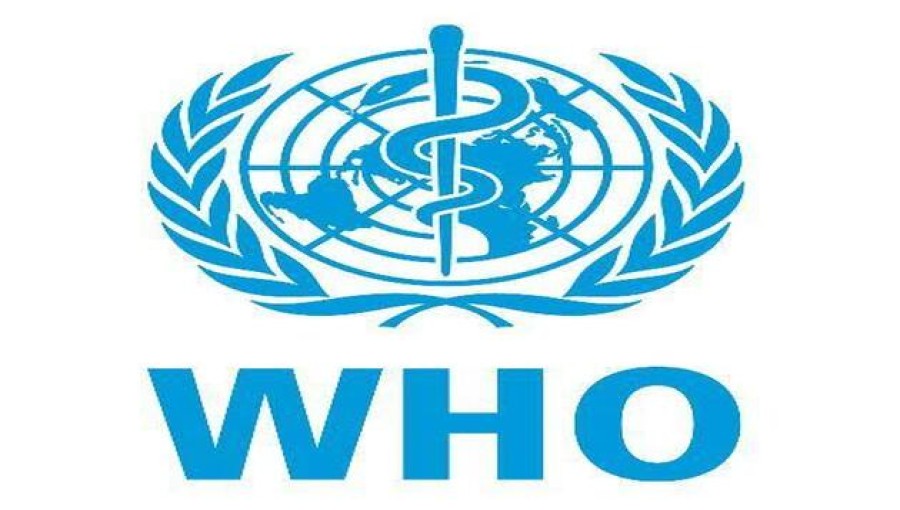

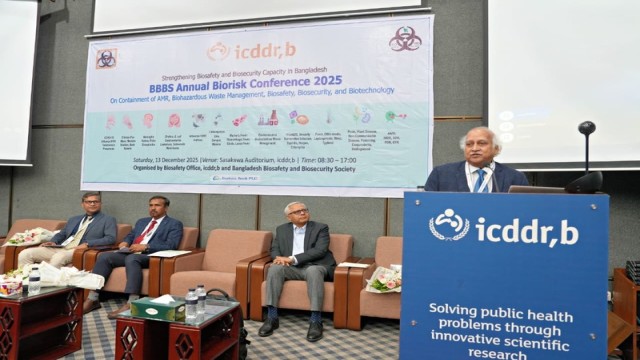
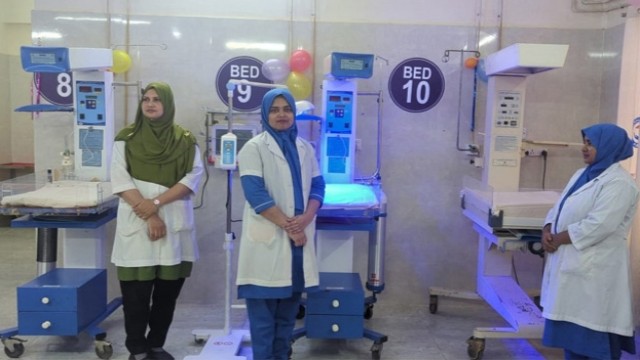
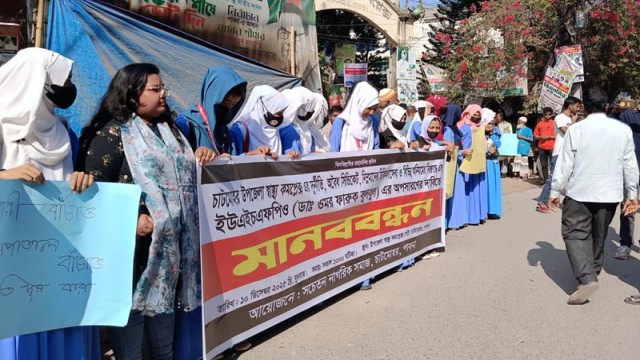
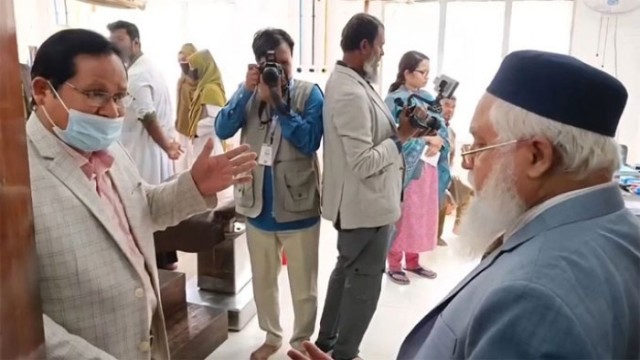
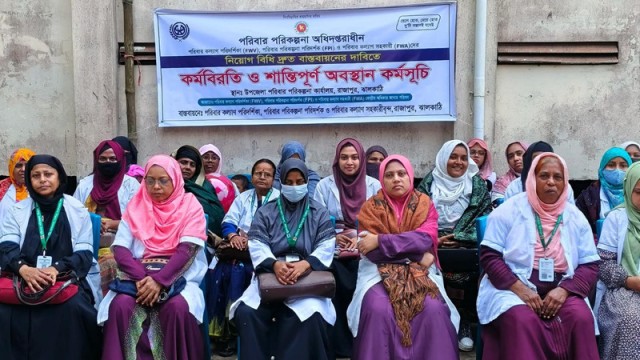





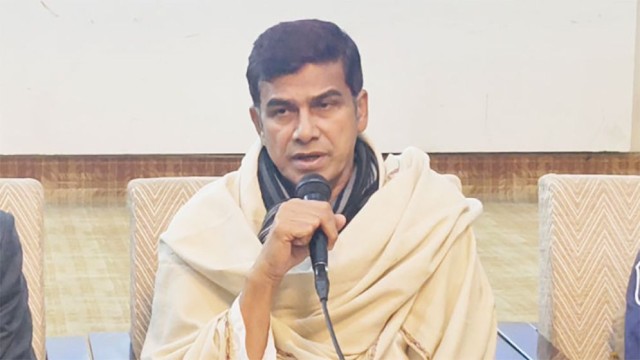
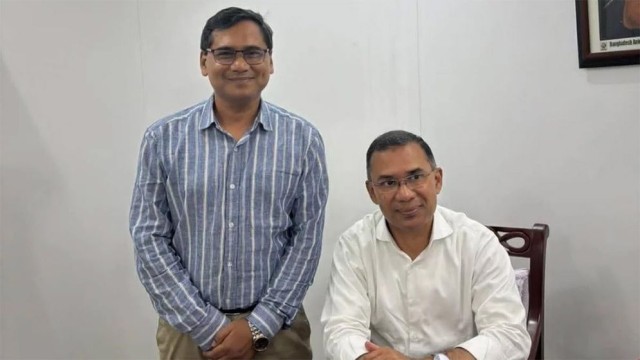
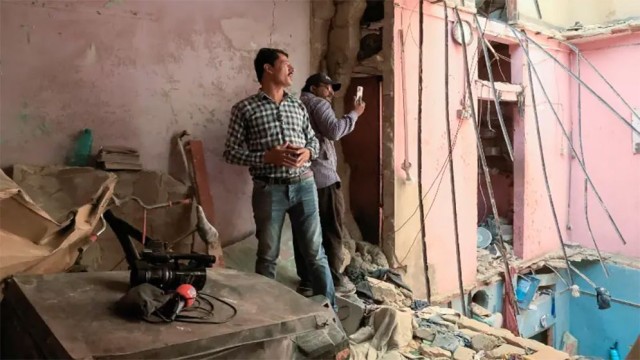

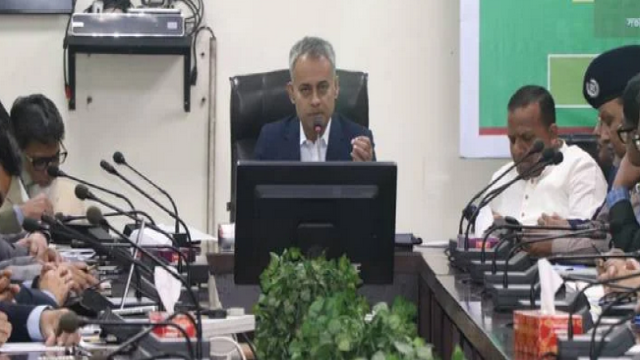











Comment: